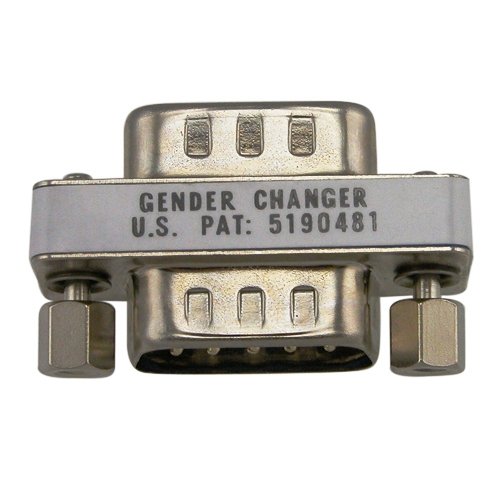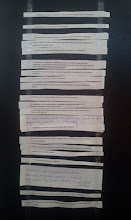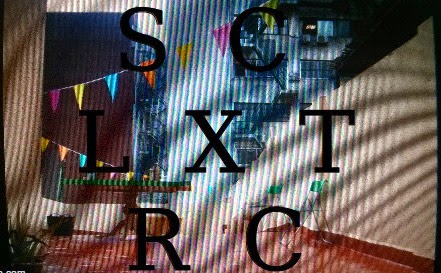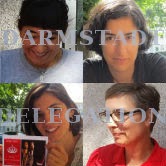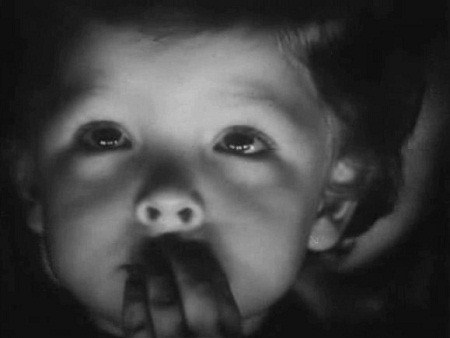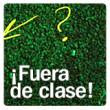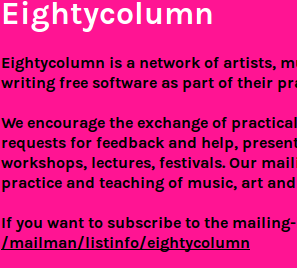Sun, 03.02.2019
10:30–18:30
Taking as its starting point a
framing of optimization and its miscontents, this one day-long workshop
takes a deep dive into the technologies and applications underlying
optimization logic. Participants examine artworks and scholarly projects
that attempt to gauge and broaden our conception and understanding of
optimization systems, and offer techniques to expand our political
agency under these circumstances. Through these counter-political
strategies, participants situate our relationship with these systems and
explore the means at our disposal—be they subversion, queering,
resistance, or militancy—for engagement within and outside of the
optimization regime.
With:
Participating contributors: Ramon Amaro, Dia Kayyali, Dmytri Kleiner,
Ben Miller, Phoebe V. Moore, Conrad Moriarty-Cole, Rebekah Overdorf,
Martin Pasek, Helen Pritchard, Jara Rocha, Clemens Schöll, Femke
Snelting
+++++++++++++++++++++++++++++++++++++++++++
Case: Panoramic Unknowns
Proposed by: Possible Bodies (Jara Rocha, Femke Snelting)
Unknown Object Tracking [1] is being applied on an industrial scale in robotics, car traffic control and 'intelligent' surveillance systems; think Amazon warehouses and Google street view. This technique employs panoramic cameras, which provide 360-degree views that are processed by specialised software in order to locate volumes in space. But when surveying areas like factories, big halls, streets or even a single room, there are always many 'blind spots' and 'unknown objects'. Machine Learning is currently being employed to optimize such known unknowns.
Possible Bodies [2] is a collaborative research on the very concrete and at the same time complex and fictional entities that "bodies" are, asking what matter-cultural conditions of possibility render them volumetrically present. For Optimization and its miscontents we invite participants to use their political/aesthetic/technical sensibilities towards the computation of volumetrics. We invite you to attend to Unknown Object Tracking [UOT] as a spacetime mattering that is not necessarily organized from the outside to the inside (as the optimised god-like sight) but from the inside-out, somehow both adjusting to and reversing a 3D paradigm of convergence into a "point of origin".
The seamlessness that a 360 capture demands is based on the analysis of tiny 'features' that are sophisticatedly attended to by Computer Vision agencies. Features are differences, anomalies, visual anchors, identifiers that are considered to be specific for a single capture.
UOT depends on processing past data and simulations that are kept, learned and trained before being projected into the future, while real time data from the camera is used to adapt to changes. Their predictive claim is based on past measurements that make optimization systems vulnerable to unexpected change and/or wild surprises, as the unknown can only be detected if it falls within the boundaries of the probable. Where is the possible in considering panoramic unknowns? What if we consider the unknown not only as risky but fundamental to an orchestation of spacetime that is not necessarily harmonic and predictable, but also dissonant and accidented?
+ info:
https://2019.transmediale.de/content/optimization-and-its-miscontents-counterpolitics-of-surveillance-capitalism

![[fellowship] LaaS (Life as a Service)](https://blogger.googleusercontent.com/img/a/AVvXsEijogwX9jgADqQ9A00tu8fCFaF8ARU8Sq0EXI0Z_PBE8M-SVpgMWAUiHJjw4-QwLjz-KCQlOgyvJNwpvBLe41Gr7xN0xlWzvyrGxZg9mUIH9-q3xEF51MSk6UnyUkD--ZptqoMcp7XSlgD8wV5MVeUaN8o7X34SnScuLZ4C76XyW6U8JDneHWrSw8vZ=s220)


![[associate membership] TITiPI](https://blogger.googleusercontent.com/img/a/AVvXsEjcMlj6-I_3r2L84w6kGyECKoYCgG_clIbPgkJU643pGFonPn9P-UV_qnNI3V-pjgEVFigNgse4IABpsD7WRie8evGe1jdLZOV92rg_McRtrbSIJOTVzyUW5Xx4ITTYM3JL-d90tF-XGKpKscmUYcnrts654lnj1hVbrHZUBvKA8X5pZPXL6DIoILz9=s341)
![[escuela] Elefantes en la habitación](https://blogger.googleusercontent.com/img/a/AVvXsEgg8WMXXVVHA5uHIAlHGUstKTSRhzQEhEORdROKz8QBgLMPCtYxyNIyCnuFkFwDAoixgS1XMLDeGEtm5P0cXW3AUi6AB179S0Ei6BueXW8NXbREYnik1VICivjPvl7G2Ti597fcw2OQ38cWzV0BpfG3MijQiSAzCdVmj67HS4VIiCsQV5dLgdOubMvIGiM=s220)
![[book] Volumetric regimes: material cultures of quantified presence](https://blogger.googleusercontent.com/img/a/AVvXsEgmU-TcPBoSAK-bYjc2IS1c3j6YaoY0bAmoWeJphwdAVgJ1vRcZP_dg5Ki_GWBYPakurYUpM6XIlUGJKAKALaYhdx-sLtC-KlL3NocFIq5S3RzmuefQP1pCwpUTjJ4it_itZKmY1FLZ-GuvAE1PHWP90G9nxsDRdyPVaoyQxl6s3A0SQEeRxP5fNlcI=s332)
![[manual] Queering Damage. Methodologies for partial reparation... or not.](http://1.bp.blogspot.com/-LXiukBqmNXA/YKFAjGNlzSI/AAAAAAAAClM/Erd_vyTQRnI2ZEXsog-_LbXESkJVBTjcACK4BGAYYCw/s1600/QD.png)

![[radio] naturoculturas son disturbios](http://2.bp.blogspot.com/-eJOftMCOqJw/X7PSaTTDzUI/AAAAAAAACho/rgEzgCUj1Ic-678lT9SYRUqXHqjUu1rBACK4BGAYYCw/s1600/tapiz.jpg)
![[project] the underground division, with Helen Pritchard & Femke Snelting](http://3.bp.blogspot.com/-Vb7dizB_Aew/Xw8pkrj7HNI/AAAAAAAACfI/3vaCtXWJmHk2KooveX2cNb6Wi1KBFs2SwCK4BGAYYCw/s1600/unthoughtinfrastructure.gif)
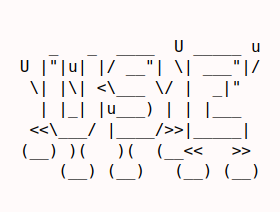
![[expo] Dorm en l'accident que provoca](https://blogger.googleusercontent.com/img/a/AVvXsEgjj7ASH7edRFh6yretcviCckrs19chm_iyuaa0PyNeRqKj6EWr5C8wRAUQXNsR0rSxSIY0-j_a0z1PfmEjabITfUBWfMwqCNKLo9Fvb65P31PtSbEiBBJ_HhiNrs1iVFZsD4LWicCfvZXM20ivsPoG2XfLBZYGBhv7Iavs2VPb0uGV2mYehjf7mzdm=s220)
![[exposición] La Irrupción](https://blogger.googleusercontent.com/img/a/AVvXsEiJnQT68iCPb08I1Bq9Cq8cGWfRLxF_cwD3tqfqovDvh1oy1L-Mj5DVkBsyBEezs9ydH0kVterKMClhihz3EkJgySfauazM8-YsPZRI2qUOQKSWKE8phvjFy5lPNqE5r60m0bbgm4eyMXVA4xktKU5hrJoQ6gBv22a7QRAhFlmFDxYQVATl6orDZ-oK=s311)
![[Fellowship] Spectral Infrastructure | Cell for digital Discomfort](https://1.bp.blogspot.com/-1Mz9nkd7kyc/YUC9_z-hWZI/AAAAAAAACnw/yb9WDXWR2J0XT-0G0tw06NeA7Olw0vH9ACLcBGAsYHQ/s220/Spirit-Labour-1-web-2000x1335.jpg)
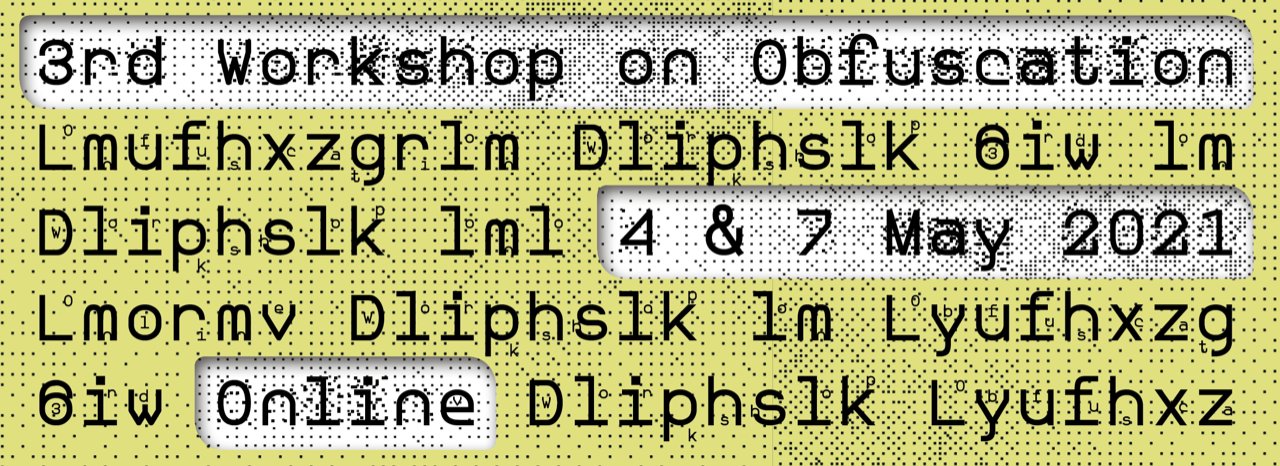
![[paper] Figurations of Timely Extraction](http://3.bp.blogspot.com/-EEElb_fstsE/X-JKErsMDnI/AAAAAAAACiU/uBoa0G9v3J0jXgtTtY-bOtx9eCx0Z-QRACK4BGAYYCw/s1600/hueco.png)
![[weft] The Relearning Series (with Martino Morandi)](https://constantvzw.org/site/local/cache-vignettes/L650xH614/arton3397-dd459.png?1609926532)
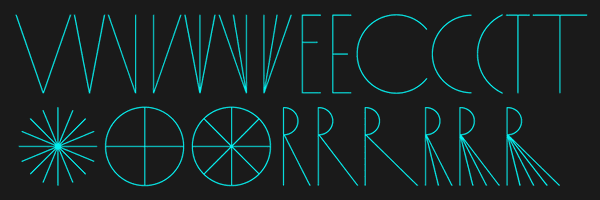
![[text] The Courier Bag Praxis of Friction](http://2.bp.blogspot.com/-rwB5cuz7Nso/XdbCtzNSDXI/AAAAAAAACaM/M4K3GJ5DWggsa_4QE4b1wUnEl7RMb7pSgCK4BGAYYCw/s1600/amz.png)
![[text] We Have Always Been Geohackers](http://2.bp.blogspot.com/-8BmPDN2rBsU/XqmEU9CXX7I/AAAAAAAACcY/pcyARZc0W1wfvfpF_7u9J_-zrspcGT0CgCK4BGAYYCw/s1600/600px-Image04.png)
![[entrevista con Nerea Ubieto] unos corpus a través de otros](http://2.bp.blogspot.com/-0_bjDza1kNM/Xw8oXD4wlVI/AAAAAAAACe8/Dtq63XbpeBUurLduks1DUllgs9C-wci3gCK4BGAYYCw/s1600/yaaun.hotglue.me.jpeg)
![[book] Iterations](http://3.bp.blogspot.com/-lPq3XYhb2sg/Xr2YfP137KI/AAAAAAAACcw/Mr3UWKSzkMgXplIMuRl7zb0fAIEEdubNgCK4BGAYYCw/s1600/iterations_img.png)
![[text] Depths and Densities: a bugged report](http://2.bp.blogspot.com/-6ZOLIzgxql0/XYs4n31larI/AAAAAAAACYU/4-_ZiDlW64gq37asORZYzucTqIQIJHW-wCK4BGAYYCw/s1600/2.gif)
![[expo] ROCK REPO](http://1.bp.blogspot.com/-sZWN9EHxUZM/XiBDs0irMDI/AAAAAAAACbU/fpHwrq8p1ackZtOWE-x4JbBq9wARbI3eQCK4BGAYYCw/s1600/ROCKREPO.png)
![[ciclo] unsupervised imaginations](http://2.bp.blogspot.com/-bPb_qCmEwOA/XiBCnNU7ksI/AAAAAAAACbI/GxHrqiS0C7cYh7C0xcK6EMWm2q3Tg4X9wCK4BGAYYCw/s1600/done.png)
![[texto] O o no O](http://2.bp.blogspot.com/-z3dqpqevjEI/XdbINfBM4lI/AAAAAAAACak/Y6sTzqZPu_gqRqpyxL7SqeIC3zg7EkftACK4BGAYYCw/s1600/OOO.png)

![[text] testing texting South: a political fiction](https://s-media-cache-ak0.pinimg.com/236x/ee/bb/77/eebb777b79c372e431f8f01a9f8c417e.jpg)
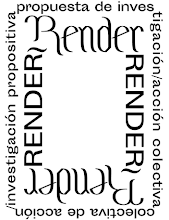
![[texto] connivencia km 0](https://a-desk.org/wp-content/uploads/2019/02/yCNQVn7-595x356.jpg)
![[texto] tendido topológico de opacidad](http://68.media.tumblr.com/e676dd7629cd52e1ce1bdb64223950d5/tumblr_oqrvcsjHMp1r7nmp9o1_500.jpg)
![[workshop] queering damage: methodologies for partial reparations... or not](https://hangar.org/webnou/wp-content/uploads/2018/09/fotoactivitat-448x197.jpeg)
![[text] ultrasonic dreams of aclinical renderings](http://4.bp.blogspot.com/-H52-iMOqyxk/WxPAdNgi69I/AAAAAAAACMY/j4JJw_mDM5chr9DB9yFr1unE03drzE5vwCK4BGAYYCw/s1600/ada.png)
![[text] la Caníbal Mondothèque](http://2.bp.blogspot.com/-2AmJZaoZ6DQ/XG_8lEagqFI/AAAAAAAACSg/G_wb8mA_1skE8CRxc2adXM6Kf7kHZ0HpQCK4BGAYYCw/s1600/sss.png)
![[taller] Signos de desorden clandestino en la multitud uniformada y codificada](http://1.bp.blogspot.com/-g90noKfLvso/XID1fwNHk2I/AAAAAAAACS4/49GpVIKB6pwZs_a2NiZ0-pDZB3zOAiUUQCK4BGAYYCw/s1600/signos%2Bde%2Bdesorden.png)
![[book scanner] hackthebiblio](http://1.bp.blogspot.com/-K6Fcg2IHMOo/W_VRe_buifI/AAAAAAAACQ4/GqQ41wOOJNQDsp0gTjKaZBh76vTnhVi4wCK4BGAYYCw/s1600/marron.png)
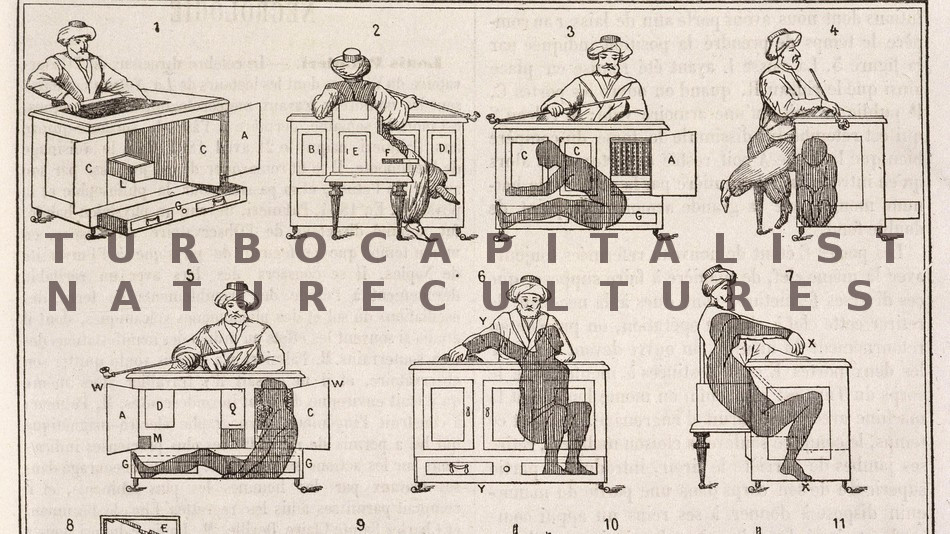


![[installation] somatopologies](http://www.constantvzw.org/site/local/cache-vignettes/L650xH459/arton3002-2d389.png?1529044157)
![[workshop] ageing companions](http://1.bp.blogspot.com/-0pIRFCt-JKE/Wx46-eD3pGI/AAAAAAAACM0/snZKH8YigMUCAtXVvMtcgOfsRLPJjWP-wCK4BGAYYCw/s1600/ageing%2Bcompanions.png)
![[curso] ya aún (con Laura Benítez)](http://1.bp.blogspot.com/-GUL6FLrVRgE/Wm4Y61sJqKI/AAAAAAAACHM/NrGoBKf8vxkbExoSlJ487ziXy378jcLwwCK4BGAYYCw/s1600/yaaun.png)
![[text] MakeHuman @ posthuman glossary](http://4.bp.blogspot.com/-thbyHWJ7aJw/WWTD0ji_FgI/AAAAAAAACCo/njA7C6KXCHMKsS35QJGTRPodihTaDly7ACK4BGAYYCw/s1600/posthuman%2Bgloss.jpg)
![[taller] Las promesas de los algos: una visión inapropiada/ble (con Nicolas Malevé)](https://hangar.org/webnou/wp-content/uploads/2018/01/tensorflow-448x298.jpg)
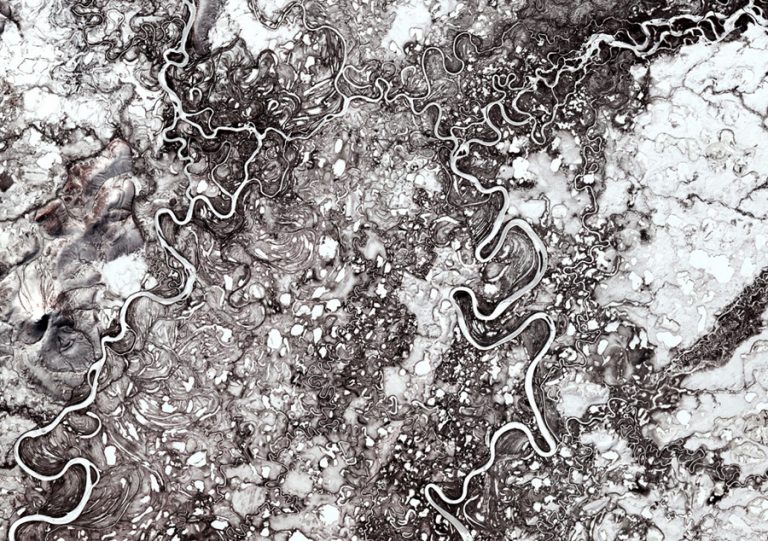
![[text] dis-orientation and its aftermath](https://media.giphy.com/media/L35lnVzYLgHFS/giphy.gif)
![[curso] fonaments del disseny](http://2.bp.blogspot.com/-AUeIee2eivM/WnmQaaR9mpI/AAAAAAAACHw/khMDypdnw8MnWpQOijY_AQtEcuzLALy_wCK4BGAYYCw/s1600/fonaments3.jpg)
![[revista] L/EN/G/U/A/J/E/o](https://1.bp.blogspot.com/-kq7SQc_3FFg/WbWWs7sKFfI/AAAAAAAADnE/GBYYcY5dPHUmCW6psmBmoYc5XRPo1d06gCLcBGAs/s320/Captura%2Bde%2Bpantalla%2B2017-09-10%2Ba%2Bla%2528s%2529%2B21.46.40.png)
![[methodology] workshop à la carte](http://3.bp.blogspot.com/-2keAktRvWvM/Wieze3oi2yI/AAAAAAAACGM/luz8sgbuRekmVBoDdBuwNEBGceUBdbZaQCK4BGAYYCw/s1600/teo.png)
![[text] tongues in the making](http://4.bp.blogspot.com/-IqirwW5LCSQ/VrNRZTnVUsI/AAAAAAAABqc/X3QoMlBfe8A/s1600-r/Captura%2Bde%2Bpantalla%2B2016-02-04%2Ba%2Blas%2B13.53.52.png)

![[texto] altas tensiones, saberes menores](http://blogzac.es/wp-content/uploads/2016/12/Tensiones_Aprendizajes_ColaBoraBora-768x521.jpg)
![[text] new criticals: cadavre exquis](http://www.newcriticals.com/_img/_article-uploads/tumblr_n896cez0Ln1tu5ph3o1_1280.jpg)
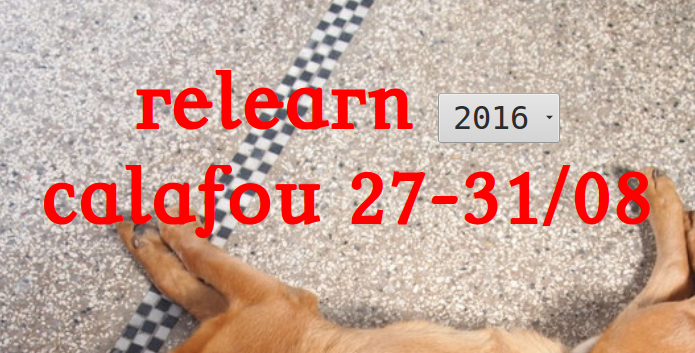
![[article] Let's first get things done! / Fiberculture Journal #26](http://4.bp.blogspot.com/-WZLUIptJM94/Vro1pwaIMJI/AAAAAAAABrk/Mx1ZYSUrq4o/s1600-r/graph.png)

![[paper] "La materia contraataca: una tentativa objetológica"](http://1.bp.blogspot.com/-uYxTKY6x8E8/Vg0AIEhlteI/AAAAAAAABfU/pUyicU7-6aM/s1600-r/m%25C3%25A1quina_cuadruple%2Bhaz.jpg)
![[expo] not yet know: ontologías sorpresa y agencia-ficción](http://36.media.tumblr.com/cb645e6566f7d7b938eadfb8b6211bd8/tumblr_nl1pgqOjJY1tu5ph3o1_1280.jpg)

![[libro] "El futuro de los centros culturales en la europa creativa"](http://2.bp.blogspot.com/-7ObPKR4gwAA/U9vbWH0JSeI/AAAAAAAAAzw/v3NueMEhzqg/s1600/euroz.jpg)
![[zine] catálogo restrospectivo de una soberanía objetual](http://40.media.tumblr.com/474e97cd6589b57032fbb079230ae643/tumblr_nkr05twfSL1tu5ph3o1_1280.jpg)
![[wiki] protocol for interdisciplinary research / Hangar / Grid_Spinoza](http://3.bp.blogspot.com/-Z7zs8EJByTs/VnBhHx-VRpI/AAAAAAAABmM/wIsUhGxuHJs/s1600-r/Pantallazo.png)
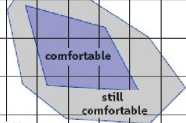
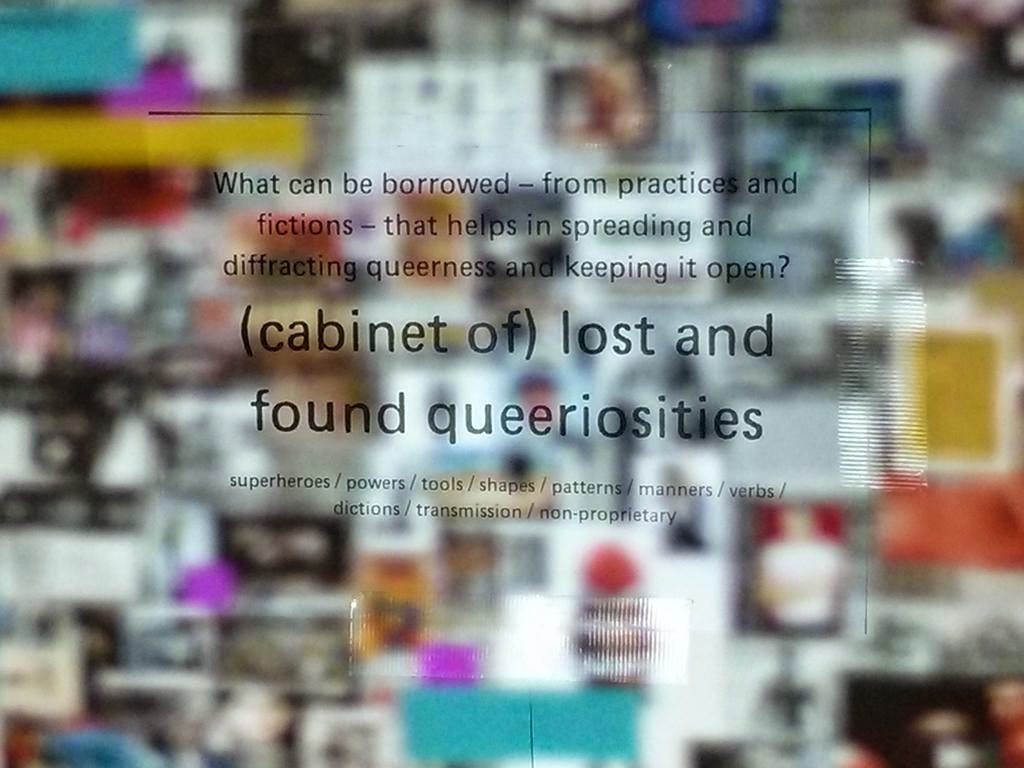
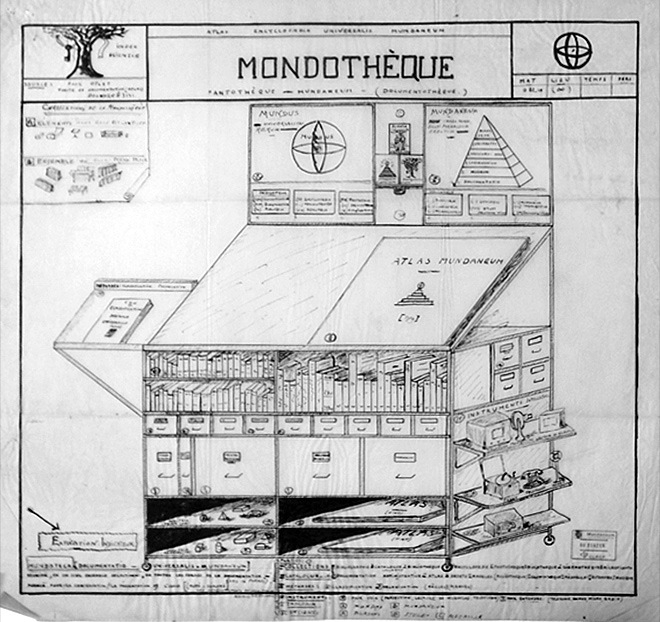
![[monográfico] Laboratorios de Procomún](http://3.bp.blogspot.com/-XEUy_xHiDQo/VrotjaSJmfI/AAAAAAAABrU/Zn1ZgeICBAc/s1600-r/teknokultura.png)
![[libro] Teknokultura: tecnociencia, arte y cultura](http://www.catarata.org/uploads/libros/imagenes/855dd3b0ba9d57cba1a8877e24d16c1037d45241.png)
